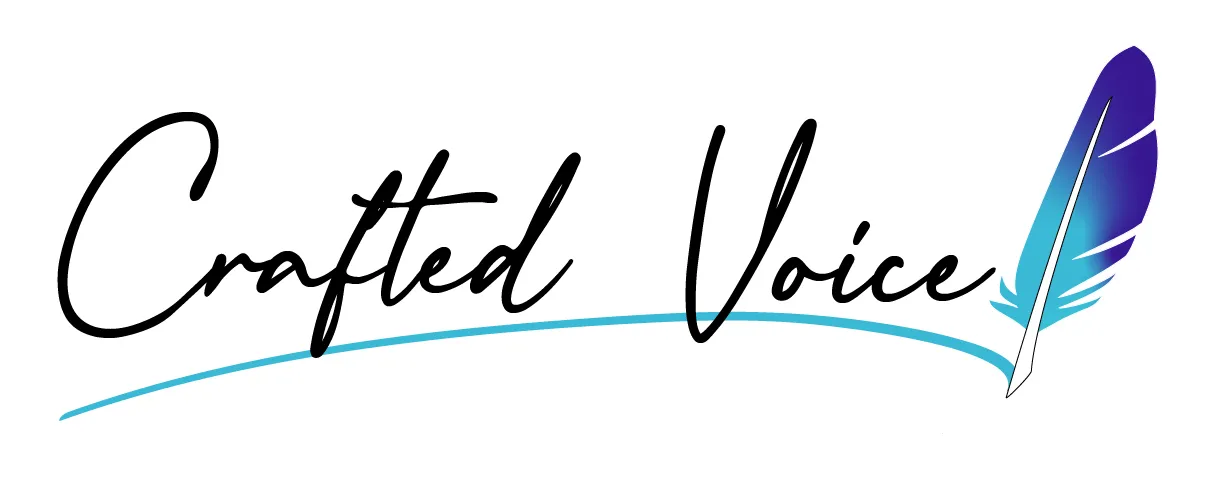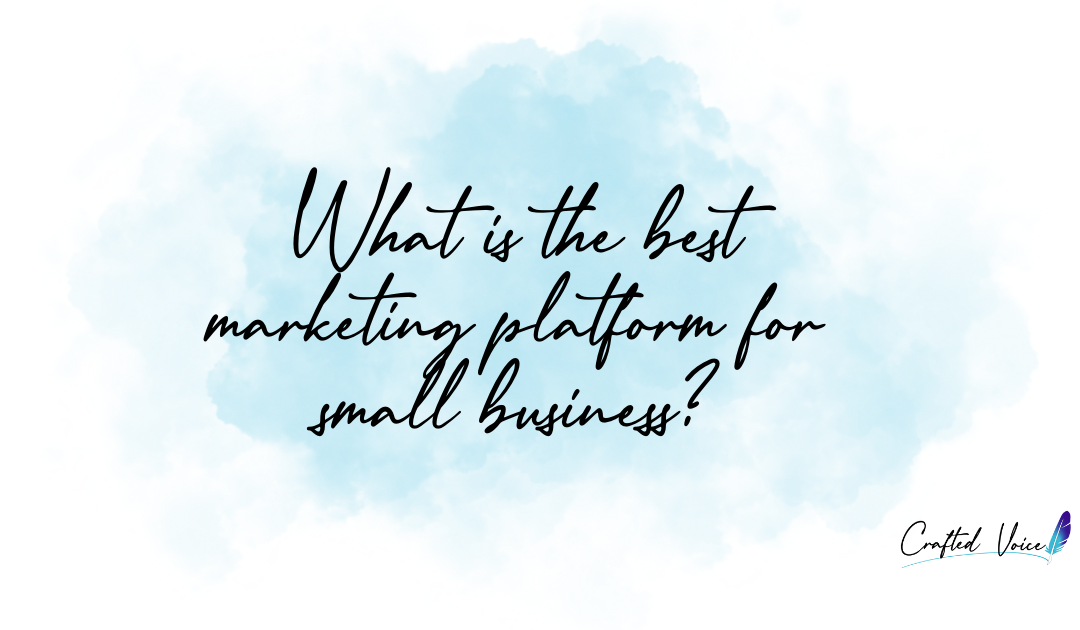When I first brought my oldest child home from the hospital, I had no idea what I was doing. I was 27, sleep deprived, and my whole body hurt. How was I supposed to care for a baby that couldn’t even hold its head up? I’m proud to say that my son survived being the guinea pig for my parenting skills and by the time he turned 2, I felt like I had a handle on parenting.
Then, my daughter entered the world and turned out to be a completely different baby with completely different needs. What I thought I knew didn’t matter – I was back at square one, figuring things out as I went and hoping beyond all hope that we would get through the transition. We did and my son is now 10, my daughter is 7, and they also have a 3 year-old brother (who was 100% different from the other two!).
I’m telling this story because it’s 100% true of marketing as well. When you first begin your marketing journey, you don’t know what marketing resources will work, so you try some things and figure out what works best. Then, once you have a good handle on your strategy, the market changes, your customers change, or your business changes. You have to shift and move, adjusting what marketing tools for business you’ve always used to what will work now.
“The best” of anything only lasts so long before you have to reassess and choose a new “best.” If you are currently needing to choose a new best, below are a few tips to adjust towards success.
What is the best marketing platform for small business?
The best marketing platform for your small business primarily depends on your customer, your business model, and budget.
Your customer needs to be your north star, dictating all of your marketing decisions. For example, if your target customers never use email but are on social media 4 hours a day, then you know an email marketing platform isn’t what’s best for your business.
Your business model will dictate your marketing strategy, plan, activities, and by default – your marketing platform. If you work in one-month sprints, for example, you may opt to use a scheduling platform like Sprout Social for your social media posts.
Your budget will determine if you need to use free marketing tools for small business or if you can spend money on paid advertising or premium features on an all-in-one platform like HubSpot.
For Crafted Voice, our best marketing platform right now is LinkedIn. As the face of the business, I (Kristina Gorr) use the platform to build personal connections, and spread the word about the business by offering sound advice and helpful tips to business owners on the platform. This may change as the business grows or the market changes, but for now, it’s what is best for our business.
What is the best selling platform for small business?
The lines have blurred between selling platforms and platforms that do other things. Your email, social, website, and many more all “sell,” even if that isn’t their primal feature. AI marketing tools for small business have really skyrocketed the amount of integration that your various platforms can handle. All this – combined with the fact that your platforms need to be tailored to your specific situation – means that “the best selling platform” is an impossible label.
A few of the most popular options to consider include:
- Wix (website)
- Mailchimp (email)
- Social Connector (social media)
Crafted Voice uses WooCommerce as a WordPress plugin on our website to sell our on-demand e-course and strategic communications and marketing business coaching. It was easy to set up and meets the needs of our customers, business model, and budget.
What is the best advertising platform for small business?
There are two marketing tools for business that I recommend for small businesses when it comes to advertising: Google and Outbrain. That’s because they offer the ability to target your customer in a variety of places across our digital world. You can set your budget, choose your messaging, and target the right audience with relative ease.
Social media marketing tools for small business can be a great place to market and advertise as well, but you need to be sure that your target audience is actually on the specific social media platform before spending time and money there.
What is the most successful marketing tool for small business?
From my intro parenting story to the answers above, hopefully you are getting the point that “the best” or “the most successful” isn’t a label that works well in marketing and business. Everything needs to be tailored to your specific business needs and strategy. First, lay a solid strategic communications foundation: customer personas, brand voice guidelines, competitive and market research, and customer journeys. Once you have those critical elements in place, it will make answering, “what’s the most successful marketing tool for your business” much easier.
So, What’s Best For Your Business?
Need help determining which marketing platform, resource, or tool is best for your business? I’d love to learn more about your business and offer expert guidance, paired with data-driven decision making, to ensure you are on the right track.

